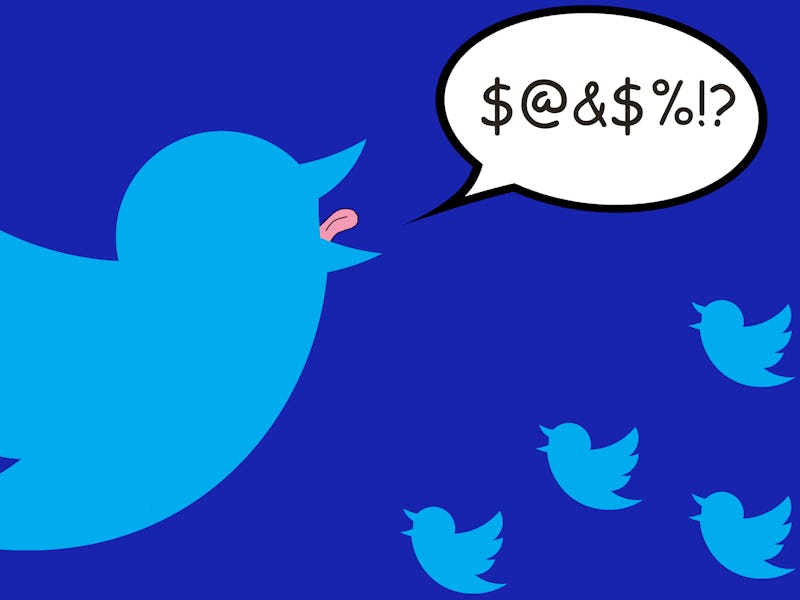Study: Not Saying Bloated, Opinionated Things Will Make You Unpopular on Twitter
Sorry, being bipartisan will get you no new followers.

Its comes as no surprise to anyone that Twitter is a highly opinionated space. Thanks to algorithms, and our own desire finding sources that pander to our belief systems, echo chambers are hard to avoid on any social media platform — something Twitter has not been immune to. But a new study from Finland’s Aalto University, the University of Helsinki and the Qatar Computing Research Institute reveals that trying to remain unbiased might actually be affecting your Twitter clout; as users who are perceived as bipartisan appear to get the least re-tweets and likes. Ouch.
In a paper entitled “Political Discourse on Social Media: Echo Chambers, Gatekeepers, and the Price of Bipartisanship,” researchers studied more than 2.7 billion tweets between 2009 and 2016 — the largest study so far to characterize what an echo chamber looks like on Twitter, based on the content in it and the users it beckons. It used machine learning algorithms to predict three main kinds of users on Twitter: partisans, who produce and consume content on Twitter that leans in one distinct political direction; bipartisans, who produce and consume content that can lean to either side of a political ideology and “make an effort to bridge the echo chambers;” and gatekeepers, a smaller, high profile group of users who have a higher influence in the Twittersphere and may follow users on both sides of the political spectrum they ascribe to.
The study attempted to avoid bots by removing accounts with less than a year of activity, as well as ones with “abnormal features, such as suspiciously high number of tweets per day, followers, or friends.
Despite their diplomatic efforts, bipartisan users appear to lose the popularity contest on Twitter, according to the researchers.
“Our analysis indicates that partisan users enjoy a higher “appreciation” as measured by both network and content features. This finding hints at the existence of a ‘price of bipartisanship,’ required to be paid by users who try to bridge echo chambers,” the study notes.
“In other words, the content produced by bipartisan users receives less attention — their tweets are re-posted less frequently by other users,” said professor Michael Mathioudakis from the University of Helsinki in a statement.
The researchers go on to suggest that the study exemplifies how echo chambers on Twitter, and the subsequent proof that those who don’t ascribe to them see less visibility on the platform, “stifles mediation” between the two sides.
Overall, bipartisan users pay a price in terms of network centrality, community connection, and endorsements from other users (retweets, favorites). This is the first study to show the price of being bipartisan, especially in the context of political discussions forming echo chambers.
The study is being presented at the International Web Conference this week in Lyon, France.
It’s pretty intuitive that social media users would want to boost the opinions that best reflect their own. But when valuations like retweets and likes tend to effect perceived worth of a post on social media sites like Twitter, it’s definitely worth unpacking what’s getting that attention, and why.
“In future work, we are going to look more closely into different user roles and try to understand who are the users that shape online debates and how,” says Mathioudakis.